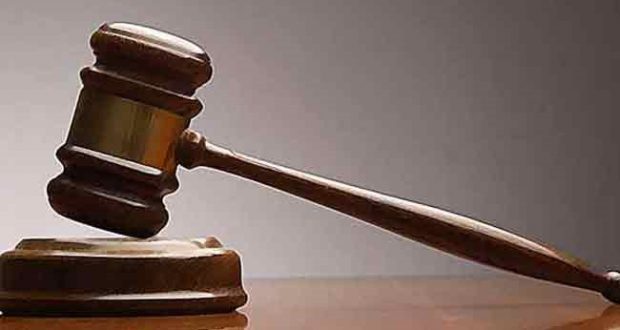The ECOWAS Court has ordered Senegal to remove all obstacles to the free participation in the country’s elections, specifically, to eliminate the principle of sponsorship for presidential candidates/aspirants.
The Court, however, dismissed the allegations of the Applicant – Union Sociale Liberale, USL, that Senegal’s Law 2018-22 of 4 February 2018 amending the Electoral Code was discriminatory and violated the statutes of political parties.
Delivering the judgment of the Court in a case filed by the USL, Justice Gberi-Be Ouattara, the judge rapporteur, who read the judgment, also mandated the Senegalese government to submit its report on the implementation of the Court’s judgment within six months.
In the initiating application of the suit ECW/CCJ/APP/59/18 filed before the Court on December 11, 2018, Union Sociale Liberale, USL, a duly registered political party in Senegal claimed that the amendments of some of the provisions/sections of the Constitution and the Electoral Code in 2018 by the Senegalese government violated its fundamental rights.
Abdoulaye Tine and Adama Fall, lawyers representing USL averred that the amendment was discriminatory in character and violated the statutes of political parties as it affected the freedom to participate in elections in Senegal.
They also alleged the Electoral Code as amended extended the principle of sponsorship of presidential candidates/aspirants to both independent candidates and political parties.
The lawyers added that they approached the Constitutional Council of Senegal which declined competence to examine the provision of the Constitution as amended and declared the amended Articles of the Electoral Code as compliant with the provisions of the Constitution.
They also filed applications for expedited hearing and interim measures respectively seeking orders of the Court to compel the Senegalese government to suspend the implementation of the principle of sponsorship for all presidential candidates/aspirants pending the decision of the ECOWAS Court.
But the Court noted that the request has been overtaken by events as the presidential election had taken place. It also held that the conduct of the presidential election on 24th February 2019 rendered the application for interim measures baseless.
Lawyers representing the Senegalese government led by Yerim Thiam and Papa Moussa Felix Sow submitted that the matter was outside the competence of the ECOWAS Court since the State’s Constitutional Council had decided on the matter and ECOWAS Court lacked competence to re-examine decisions of national courts.
They further argued that USL could not be classified as a victim suing before the Court since no candidate has been disqualified in accordance with the amended law. They added there was no urgency requiring expedited hearing and interim measures as requested by USL given that they brought the matter before the Court on the date fixed (11 December, 2018) for commencement of submission of files of presidential candidates/aspirants and also, more than six months after the law was adopted.
After its analysis, the Court declared the case admissible, citing precedence that provided that once it is imminent that Applicants can be victims, they can approach the Court.
And contrary to claims by USL, the Court held that the law amending the Electoral Code of Senegal is not discriminatory and did not affect the statutes of political parties.
However, the Court held that the application of the principle of sponsorship (by its nature and substance) as amended in the Electoral Code, violated the right to free participation in elections and directed the Senegalese government to eliminate all obstacles to free participation in elections specifically the principle of sponsorship.
On the panel with Justice Ouattara were Justices Edward Amoako Asante and Dupe Atoki.
GIK/APA


